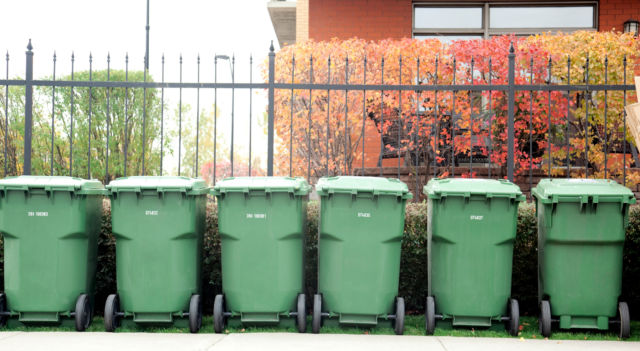Interested in learning more about Diversys software?
Whether you are looking to go digital, enhance your reporting or improve operational efficiencies, we can help. Complete the form and we’ll reach out.
“Moving to digital reporting will significantly enhance our tire recycling efforts. A digital e-manifest provides a reliable tracking system and seamless information. This real-time information will ensure we meet our environmental goals while promoting sustainability across California.”







